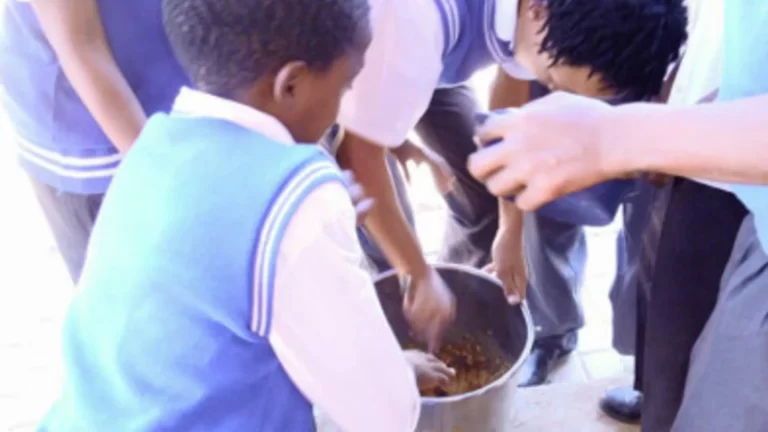The rising cases of poisoning in South Africa is an issue that’s been grabbing attention recently. It’s a concerning and serious matter, but one we need to address openly.
You might have heard about what happened at Makahlule Primary School recently. It’s just one example of a bigger issue we’re facing with food safety and easy access to dangerous substances. We really need to take a closer look at this and figure out how to keep ourselves and our loved ones safe.
A Snapshot of the Crisis
So, what exactly happened at Makahlule Primary? Well, 22 pupils were suspected of food poisoning. Can you imagine how worried their parents must have been?
The good news is that the Limpopo Department of Education jumped into action. MEC Mavhungu Lerule-Ramakhanya even asked everyone to stay calm while they sorted things out. It’s reassuring to see our officials taking these incidents seriously.
Pesticide and Toxin Poisoning: A Broader Epidemic
Now, here’s where it gets a bit more complicated. Dr. Simon Fraser, who knows a lot about this stuff, says that organophosphate poisoning is a big problem in South Africa. It’s not just about bad food – it’s also about dangerous chemicals that are too easy to get hold of.
Sadly, it’s often little kids who accidentally get poisoned. But there’s another side to this – older kids and teenagers sometimes use these toxins to harm themselves on purpose. It breaks my heart to think about it.
Common Causes of Poisoning: Organophosphates and Easily Accessible Toxins
You might be wondering what these dangerous substances are. Well, pesticides like malathion and halipirimi are pretty common, especially in townships. And then there’s rat poison, which you can buy just about anywhere.
These things are meant to kill pests, but they’re so dangerous to humans too. It’s scary to think they’re just sitting in many of our homes or gardens.
The Deadly Impact of Food Poisoning in South Africa
Food poisoning isn’t just about feeling a bit sick – it can be really serious. There have been some awful cases recently. In Naledi, Soweto, and Mdantsane NU2, people actually died from food poisoning. It’s heartbreaking.
A lot of the time, these cases come from food that isn’t properly regulated. Sometimes it’s from street vendors, other times it’s from school feeding programs. It just shows how important proper food safety is.
Medical Response to Poisoning: Challenges and Treatment
If someone does get poisoned, especially with organophosphates, it’s a real emergency. Dr. Fraser explains that the symptoms can be really severe, and doctors have to act fast. They often use a medicine called atropine to help.
Treating poisoning cases is tricky, especially when it’s kids involved. The doctors and nurses who deal with this are real heroes.
The Need for Prevention and Education
So, what can we do about all this? Dr. Fraser says we need to be much more careful about how we store dangerous chemicals. He also thinks there should be stricter rules about selling these things.
But it’s not just about rules – we need to educate ourselves and our kids too. We should all know about the dangers of things like rat poison and pesticides, and how to keep them safely out of reach.
Addressing the Crisis: A Call for Action
Truly, we can’t just sit back and hope this problem goes away. We need our government to step up with better food safety rules and tighter control on dangerous substances.
And it’s not just about physical health. Organizations like the SA Depression and Anxiety Group (SADAG) are doing great work in raising awareness about mental health issues, especially among teenagers. They understand that easy access to poisons isn’t just a physical danger – it’s a mental health issue too.
“Every one of us can play a part in making South Africa safer. Whether it’s being more careful at home, supporting better regulations, or just looking out for each other – we’re all in this together.”
Let’s keep talking about this, keep learning, and keep pushing for change. Together, we can make a difference and keep our communities safer. Take care, everyone!

